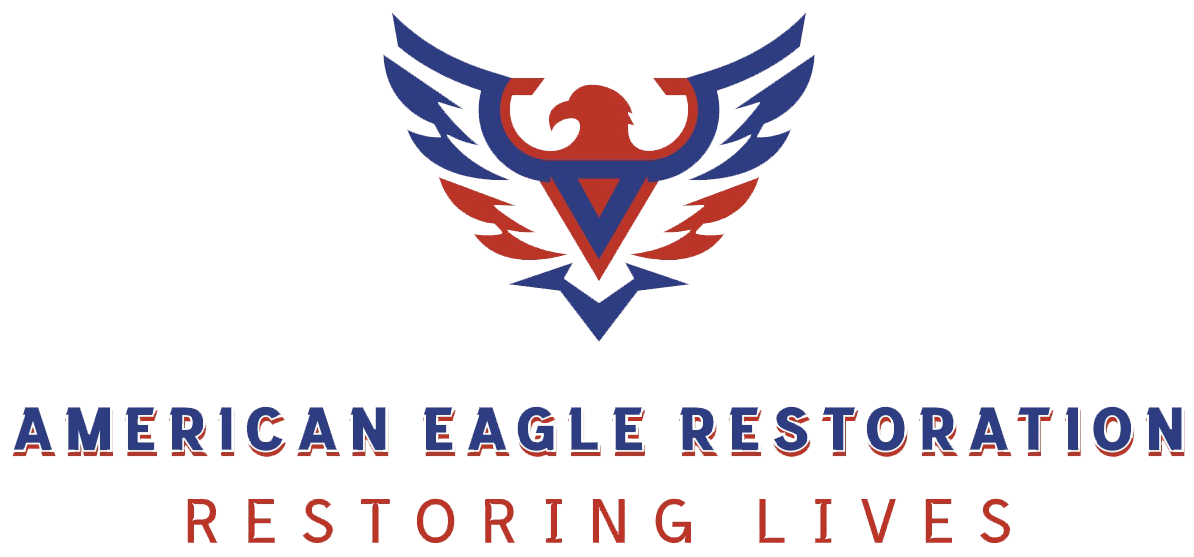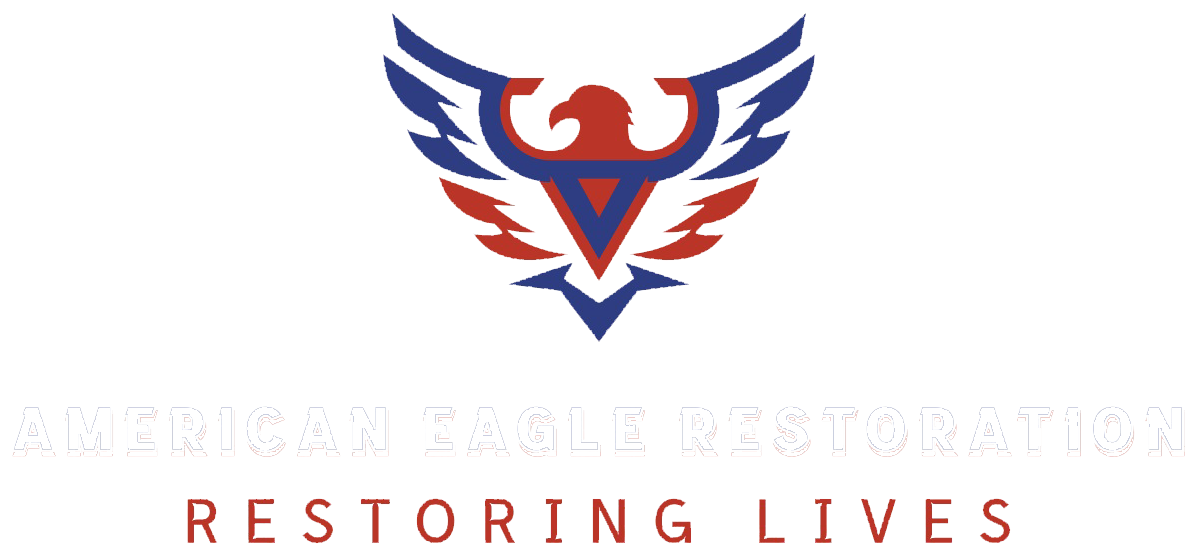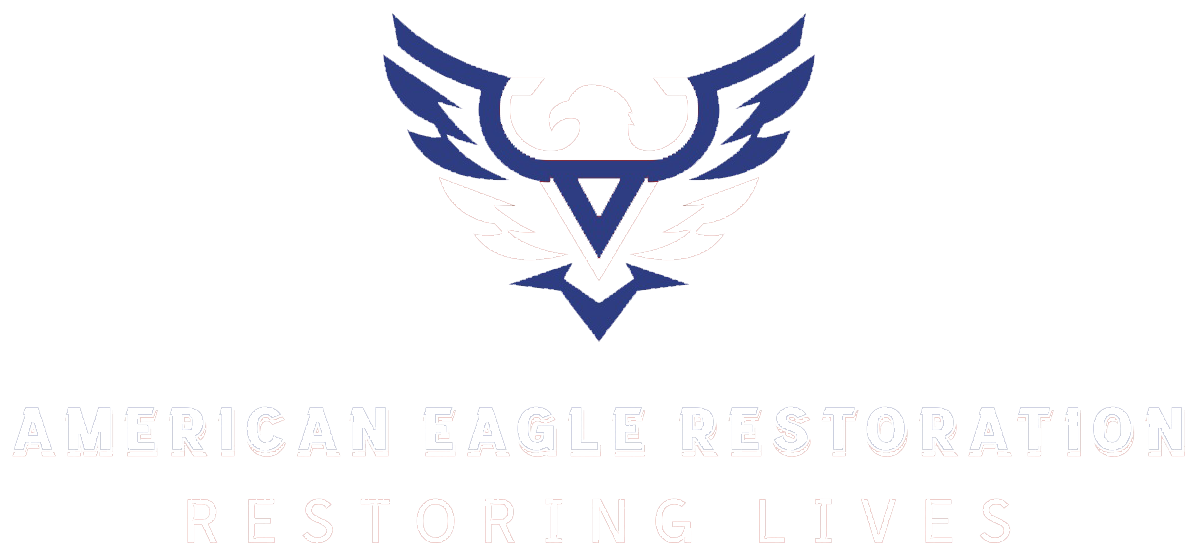How to Recover from a Furnace Fire Fast — Expert Tips from American Eagle Restoration
A furnace fire isn’t just a minor equipment issue—it’s a serious event that can threaten your home’s structure, your indoor air quality, and your family’s safety. Whether caused by clogged filters, overheating motors, or nearby flammable materials, furnace fires often strike without warning and can leave behind extensive damage.
If you're on Long Island and dealing with the aftermath of a furnace fire, acting fast and knowing your next steps can make all the difference. At American Eagle Restoration, we specialize in full-service furnace fire restoration, including smoke and soot cleanup, HVAC system decontamination, and complete property restoration.
This guide walks you through how to respond, what to expect during recovery, and how to prevent future incidents—so you can return your home to safety and comfort, quickly.
What Happens During a Furnace Fire
A furnace fire typically starts from one of a few preventable causes:
- Clogged or dirty air filters restricting airflow
- Overheated blower motors
- Accumulated dust or debris around the unit
- Improper maintenance or lack of regular inspections
- Storing flammable materials too close to the furnace
When airflow is compromised, your furnace works harder to push heat through the system. This strain can cause internal components—especially the blower motor—to overheat. If temperatures reach a certain threshold, a fire can ignite, sending smoke and soot through your home.
In some cases, the furnace doesn’t catch fire but instead starts spewing smoke—a situation known as a puffback. Puffbacks can distribute fine soot throughout your home and into your ventilation system, coating walls, ceilings, and furniture with an oily film that’s hard to clean and harmful to breathe.
Whether it’s an actual fire or a smoke incident, these situations require professional help. If you're in this situation now, call American Eagle Restoration immediately for a rapid response.
First 24 Hours After a Furnace Fire: What to Do Immediately
If your furnace is actively smoking or on fire, here’s what to do:
1. Shut Off the Furnace
Use the emergency shut-off switch, typically located near the unit or on a nearby wall. This helps stop the flow of fuel and power to the system, potentially limiting further damage.
2. Evacuate the Property
If there's visible smoke or an acrid smell, get everyone—including pets—out of the house immediately. Close doors behind you if it's safe to do so to contain the smoke and potential flames.
3. Ventilate the Area (If Safe)
If there’s light smoke and it’s safe to remain near the house, open windows and doors to allow fresh air in. Do not turn on fans or HVAC systems—they can spread contaminants.
4. Call Emergency Services
If you haven’t already, dial 911 to report a fire or smoke hazard.
5. Do Not Attempt Repairs
Even if the fire is out, do not try to clean or repair the furnace yourself. Furnaces involve electrical systems, combustible fuel, and complex components. Improper handling can make things worse.
6. Document the Damage
Take photos and notes of what happened—the color and density of the smoke, any noises the furnace made, the time it occurred. This can help with both the HVAC diagnosis and your insurance claim.
7. Call the Experts
Contact a licensed HVAC technician for inspection and repair. Right after, call American Eagle Restoration for a full damage assessment and cleanup.
Why DIY Cleanup Is a Risky Move
After a furnace fire or puffback, it may be tempting to open windows, wipe down surfaces, and assume the danger is gone. But the truth is, smoke and soot from furnace-related incidents contain acidic and toxic particles that can linger in your air, furniture, and HVAC system long after the fire is out.
Here’s why DIY cleanup can make things worse:
- Soot is acidic and can corrode metals, discolor walls, and damage electronics
- Smoke particles are microscopic and spread quickly through vents, embedding in upholstery and insulation
- HVAC systems pull in and recirculate smoke, contaminating the entire home
- Standard cleaning supplies won’t neutralize or remove odor at the molecular level
Professional restoration companies like American Eagle Restoration use specialized equipment, including HEPA vacuums, air scrubbers, and ozone generators to remove particulates and odors properly.
What to Expect from Professional Furnace Fire Restoration
At American Eagle Restoration, we offer full-spectrum furnace fire restoration services tailored to your specific situation. Here's a breakdown of what our process typically includes:
✅ 24/7 Emergency Response
We arrive quickly to secure the area, assess the damage, and create a restoration plan.
✅ Fire and Smoke Damage Cleanup
Our team removes soot, residue, and smoke damage from walls, ceilings, and belongings using industrial-grade techniques.
✅ Odor Elimination
We treat and purify the air to remove lingering smoke odors from every surface and air duct.
✅ HVAC System Decontamination
We inspect, clean, and restore your furnace and ventilation system to ensure safe operation and clean airflow.
✅ Structural Drying and Repair
If water was used to extinguish the fire, we handle drying, dehumidification, and structural repair.
✅ Insurance Claim Assistance
We work directly with your insurance provider to document damage and expedite the claim process.
✅ Full Reconstruction
From drywall and insulation to flooring and paint, we restore your home to its pre-loss condition—safely and thoroughly.
Explore our furnace fire restoration services for a full list of what’s included.
HVAC System Inspection and Cleaning After a Furnace Fire
Your HVAC system is ground zero after a furnace fire or puffback. Smoke and soot are often pulled directly into ductwork, where they settle and recirculate.
American Eagle Restoration inspects your entire HVAC system for:
- Contamination in air ducts and vents
- Soot buildup in blower motors and filters
- Fire damage to wiring or internal components
- Heat exchanger damage
- Air quality testing to ensure the system is safe
We don’t just clean the surface—we decontaminate and sanitize your HVAC system to prevent further health risks and ensure clean, breathable air for your family.
Learn more about how we restore HVAC systems as part of our comprehensive service.
Common Mistakes to Avoid After a Furnace Fire
Many homeowners unknowingly make costly mistakes in the hours or days after a furnace fire:
- Delaying cleanup thinking the smoke will “air out” on its own
- Using air fresheners or candles to mask odor (which only adds more particulates)
- Turning on the HVAC system without having it inspected
- Skipping a professional assessment to save money, risking hidden damage
The safest, most cost-effective route is calling in professionals right away to stop the damage from spreading and ensure a full recovery.
Preventing Furnace Fires and Smoke Incidents
While we’re here to restore your property after an emergency, prevention is always the best protection. Here are smart steps you can take to reduce your risk of furnace fires and puffbacks:
🔧 Schedule Annual Furnace Inspections
An annual inspection by a certified HVAC technician can catch issues like debris buildup, worn-out parts, or clogged filters before they lead to bigger problems.
🧼 Change Air Filters Regularly
Dirty filters are one of the most common causes of airflow issues and overheating. Change filters every 1-3 months, or more often if you have pets or allergies.
🧯 Keep the Area Clear
Don’t store boxes, clothing, or flammable items near your furnace. Leave at least 3 feet of clearance around the unit at all times.
🔥 Install Working Smoke and CO Detectors
Install smoke detectors near your furnace and test them monthly. Carbon monoxide detectors are essential for gas-burning furnaces.
🧹 Clean Ductwork Periodically
Have your ducts cleaned every 3–5 years or after a fire to remove accumulated debris and soot.
After restoration, American Eagle Restoration provides custom furnace safety advice tailored to your home and HVAC system.
Why Long Island Homeowners Trust American Eagle Restoration
For over 30 years, American Eagle Restoration has helped Long Island families and businesses recover after disasters. We’re a family-owned, fully licensed, and insured company that takes pride in restoring homes with care and precision.
Clients choose us because:
- We’re available 24/7, 365 days a year
- We specialize in both fire and HVAC restoration
- We work directly with insurance providers
- We don’t use subcontractors—you work with our trained team from start to finish
- We restore not just the damage, but your peace of mind
We’ve served over 5,000 satisfied clients and are ready to help you, too.
Final Thoughts: Take the First Step Toward Recovery
A furnace fire can feel overwhelming, but you don’t have to go through the recovery process alone. The key is acting fast, avoiding DIY mistakes, and bringing in trained professionals who know how to fully restore your home—safely, thoroughly, and efficiently.
If you’ve experienced a furnace fire or puffback on Long Island, contact American Eagle Restoration today. We’ll assess the damage, work with your insurance company, and restore your property and air quality—so you can get back to normal, faster.
ARTICLE AUTHOR:
American Eagle Restoration
rican Eagle Restoration provides fast, effective vandalism and graffiti cleaning services. Restore your property’s appearance and protect it from future damage with our expert solutions.
Leave a Reply



